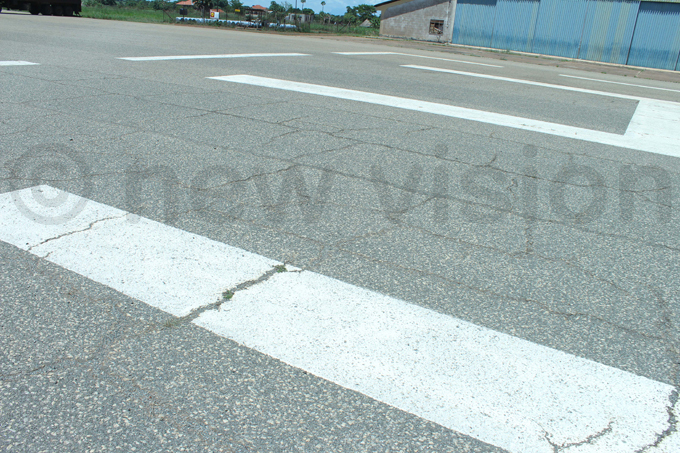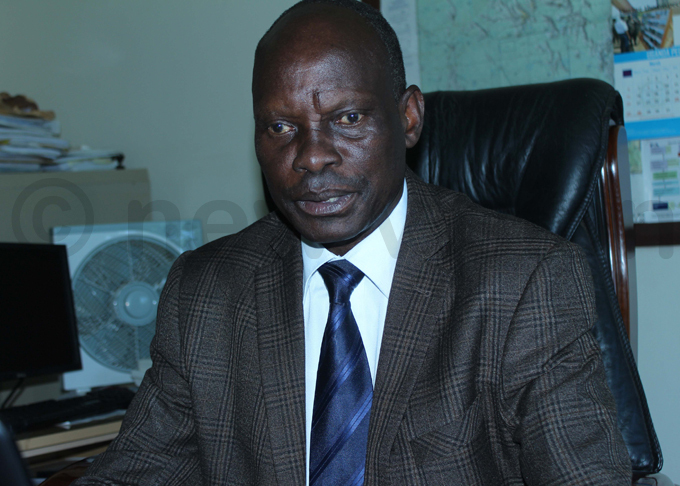Soroti Flying School acquires digital twin engine plane
The Beechcraft Boaron-G58 is currently parked at Entebbe International Airport
The East African civil aviation academy the region's leading trainer of aircraft flight and growd crew has moved from analog planes to digital planes.
The institution founded in September 1971 under the Directorate of Civil Aviation of the EAC has been training its students with analog twin engine planes even when other aviation academies have moved from analog to digital planes.
The academy situated in the Eastern part of the country now joins other aviation academies on digital world following the purchase of a brand new digital twin engine plane last month.
Beechcraft Boaron-G58 is the latest digital plane that students from this academy have been studying about in theory but now they will fly it.
The Beechcraft Boaron-G58 is currently parked at Entebbe International Airport as the management is finalizing the process of getting a certificate of air worthiness before it's flown to Soroti where students eagerly await its arrival.
"We have also completed training six pilots and three engineers at Wichita, Kansas in the USA. We are happy to graduate from analog to digital world," said Ronald Lodiong the institution acting director.
 The cracks that have developed on the runway tarmac.
The cracks that have developed on the runway tarmac.
 Ronald Lodiong the academy acting director at his office in Soroti. Photo by Godfrey Ojore
Ronald Lodiong the academy acting director at his office in Soroti. Photo by Godfrey Ojore
The academy has been using one analog twin engine that was bought in 1987. The new twin engine plane has the capacity to carry six people.
He explained that the plane was a pledge by President Yoweri Museveni some time back and the ministry of transport is expected in Soroti to receive the plane officially.
It's against that background that they have inscribed on the sides and on the wings 5X-YKM, Yoweri Kaguta Museveni's initials.
"The minister of transport has ordered for another plane to be purchased to enable us conduct our training work smoothly," Lodiong explained.
Asked about the tarmacking of the runway that has taken years without maintenance to an extent of cracks developing, Lodiong explained that a contractor has been got and the tarmacking of the runway is due next month.
He however refuted claims that the academy instructors went on strike over lack of pay for three months.
He said that the truth is that the academy has not paid contract instructors for two months but the instructors were not on strike as alleged.
"We get money quarterly and we are about to receive money for this quarter that we use for paying our contract instructors. This is normal and nobody among the nine instructors we have has ever approached my office complaining or even abscond from duty over pay because they know the process of getting their money," Lodiong said.
The academy has 103 students and the majority is government sponsored. According to statistics the academy fee structure remains low compared with other aviation schools, adding to its funding challenges.
Ugandan students at the academy pay Ush46.9 million ($18,000) while external trainees currently either Burundian or Rwandan nationals pay Ush91.1 million ($35,000). Compared with the more than Ush130.2 million ($50,000) on average aviation students in Africa pay, this figure is low.